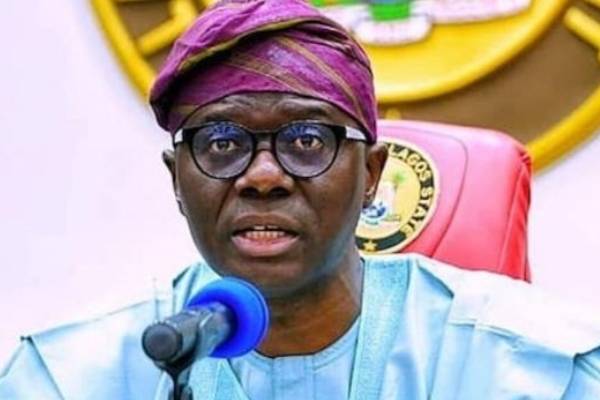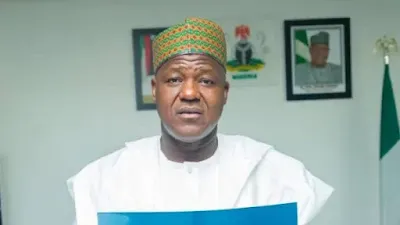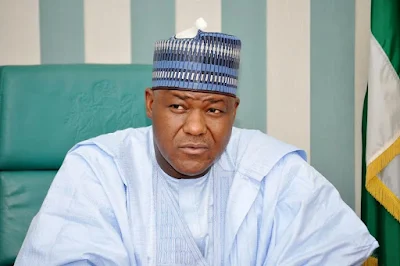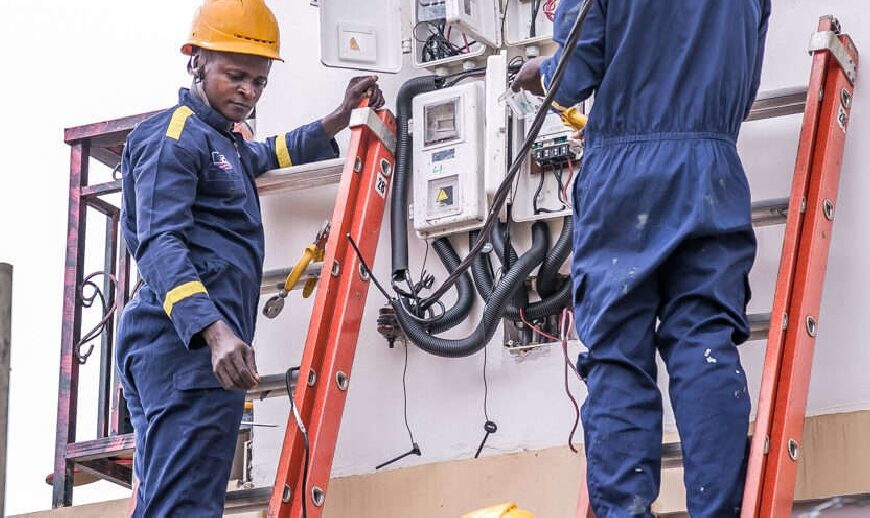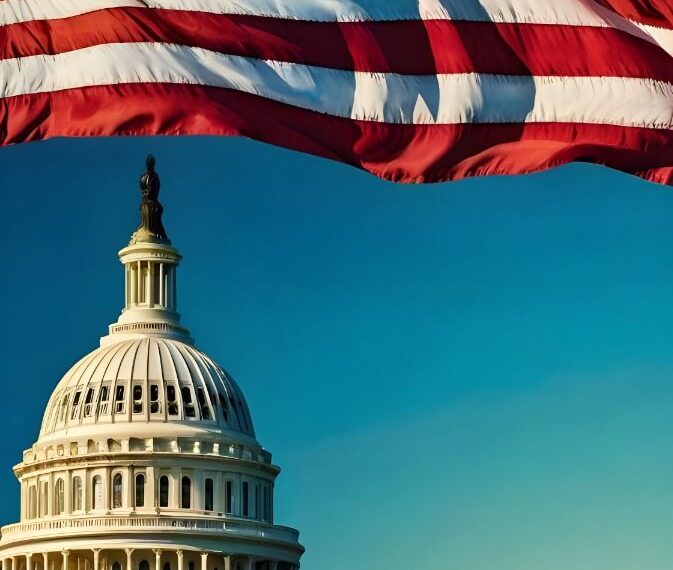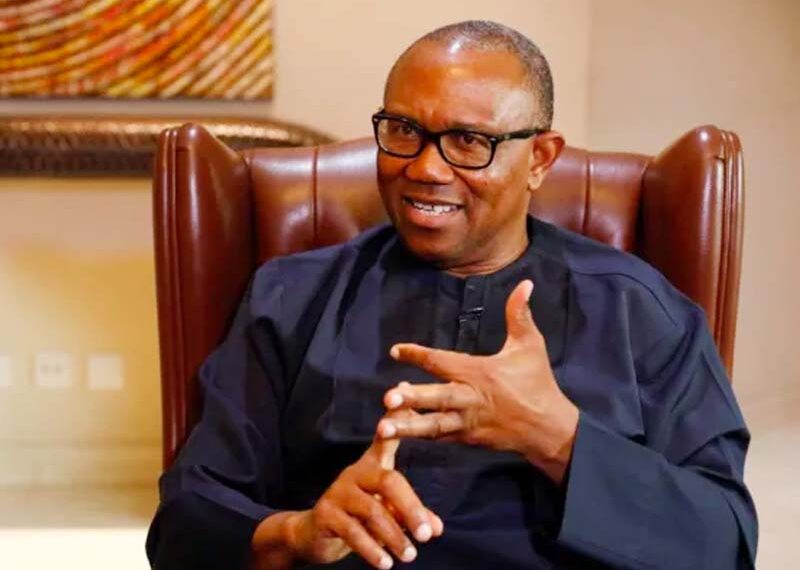In recent days, the diplomatic tension between the United States and Nigeria has taken a new turn, with the People’s Republic of China stepping into the fray to declare its support for Nigeria and to oppose what it sees as external interference. At the heart of the matter: a threat by U.S. President Donald Trump over alleged persecution of Christians in Nigeria, and China’s move to back Nigeria’s sovereignty and oppose use of “religion and human rights” as a pretext for coercion.
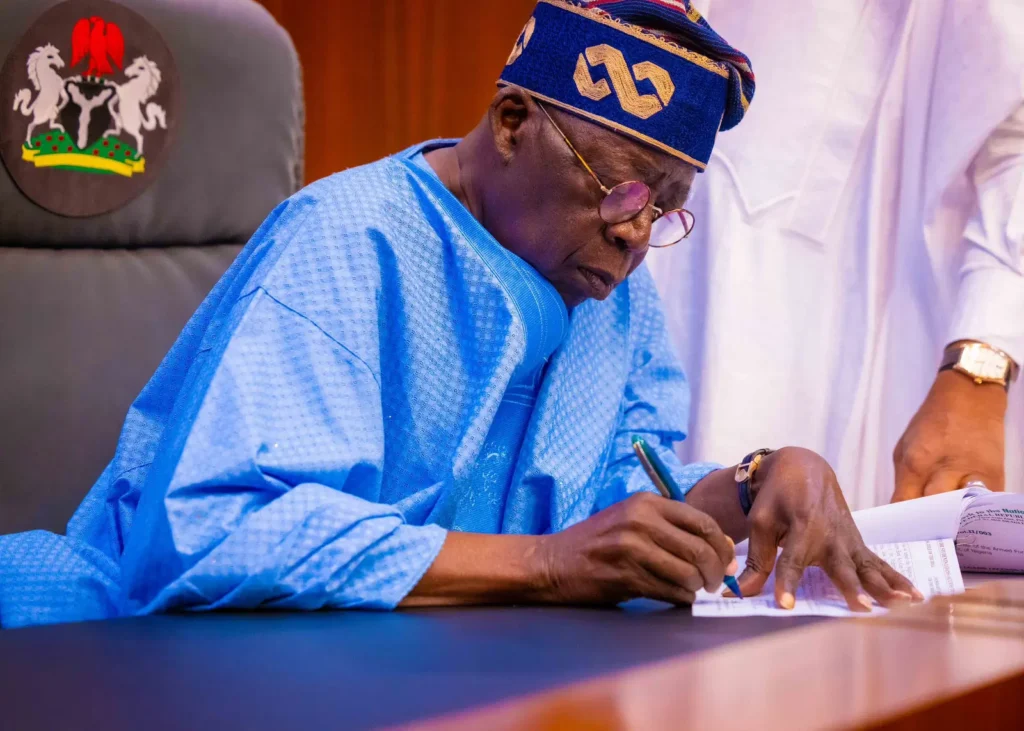
The U.S. threat to Nigeria
The sequence of events begins with the United States re-designating Nigeria as a “Country of Particular Concern” (CPC) for religious freedom violations, citing what it described as mass killings of Christians. Shortly afterwards, President Trump publicly warned that if the Nigerian government did not act swiftly, the U.S. might suspend aid or even undertake military action. He declared via social media that he had instructed the Defence Department to prepare for possible intervention and threatened that such action would be “fast, vicious, and sweet” in response to the killing of “our cherished Christians.”
The Nigerian government swiftly rejected the portrayal of the country as a persecutor of Christians, arguing that violence affects all religious groups and emphasising Nigeria’s commitment to religious freedom. It also stated that it welcomes assistance to combat terrorism – but only on the basis that its territorial integrity and sovereignty are respected.
China’s response: siding with Nigeria’s sovereignty
Against this backdrop, the Chinese government stepped in with firm support for Nigeria. China described Nigeria as a “comprehensive strategic partner” and commended its government for pursuing a development path suited to its national conditions. At the same time, the Chinese Foreign Ministry spokesperson asserted that China “firmly opposes any country using religion and human rights as an excuse to interfere in other countries’ internal affairs, and threatening other countries with sanctions and force.”
In so doing, China signals three key things:
- A reaffirmation of the principle of sovereignty and non-interference, especially in the internal affairs of developing countries.
- A diplomatic positioning in Africa, where China has substantial economic and strategic ties with Nigeria.
- A critique of the U.S. posture, suggesting that religion or human-rights arguments are being used as pretexts for pressure or even force.
Strategic and geopolitical implications
Several wider dynamics are at play here.
Nigeria-China relations: Nigeria is a major partner for China in Africa — for infrastructure, trade, investment and diplomatic alignment. China’s vocal support signals its interest in protecting that relationship, and its broader commitment to an Africa policy that emphasises partnership rather than conditionality.
U.S. policy and image: The U.S. threat of military intervention in another sovereign nation raises serious questions around international norms, respect for sovereignty, and how aid and intervention are conditioned on alleged human-rights violations. For Nigeria, this threatens to shift the narrative from internal security and counter-terrorism to one of external compulsion.
Religious freedom vs. geopolitics: The trigger for the U.S. move is alleged mass killings of Christians in Nigeria. But Nigeria’s own government and independent analysts point out that violence in Nigeria is highly complex — involving Islamist insurgency, banditry, inter-communal conflict and targeted attacks on Muslims as well as Christians. Nigeria’s government argues that to frame the situation purely as persecution of Christians mischaracterises the problem.
Africa’s place in global power contests: China’s intervention highlights how Africa has become a terrain of diplomatic and strategic competition. By siding with Nigeria, China is pushing back against what it sees as Western (particularly U.S.) pressure, and signalling that it will support African nations’ right to determine their own trajectory.
What might happen next?
- Diplomatic dialogue: There may be attempts to de-escalate between the U.S. and Nigeria, potentially via high-level meetings, clarifications, or renegotiation of aid/assistance frameworks. The Nigerian government has said it remains open to U.S. support — so long as sovereignty is respected.
- Aid and security cooperation recalibrated: If the U.S. follows through on its threat of aid suspension, Nigeria may lean more heavily on China (or other partners) for infrastructure and security help — altering Africa’s aid landscape.
- Regional ripple effects: Other African states will be watching closely. A precedent of large-scale external threats tied to religious-freedom designations could reshape how governments engage with foreign partners, and how they manage internal insurgencies and communal violence.
- Narrative battle: The core question of how to interpret the violence in Nigeria — whether as religious persecution, insurgency, communal conflict, or some mix thereof — will matter not only for policy but for legitimacy. The Nigeria-U.S. confrontation may force greater scrutiny of the data, the security context, and how governments address internal violence without compromising sovereignty.
Conclusion
China’s intervention in this dispute between the United States and Nigeria reflects more than just solidarity with Nigeria. It underscores shifting global dynamics in which Africa is not merely a recipient of aid or interventions, but a locus of strategic partnerships and power competition. For Nigeria, the episode is a test of how it navigates its relationships with major powers while managing complex internal security and communal-religious tensions. For the U.S., it is a moment to reflect on the limits and risks of using threats of force or large-scale conditionality in countries facing entrenched security challenges. And for China, it is an opportunity to reinforce its preferred narrative of non-interference, sovereignty, and South-South cooperation.
Recen


